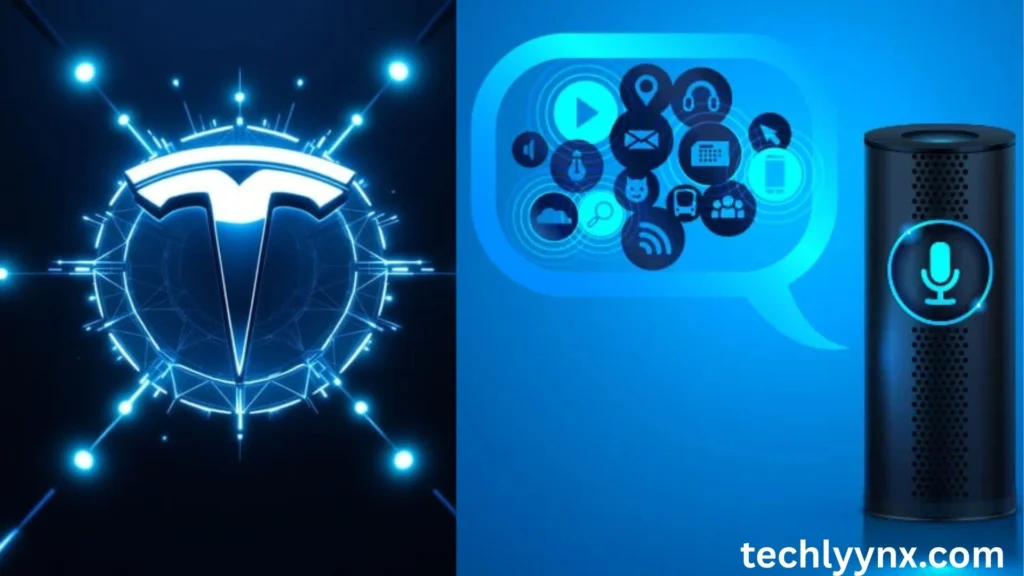With the speed at which technology is developing, Tesla is making sure it stays ahead of the curve. The business recently announced in China that its cars will now have AI voice assistants. This action aims to influence driving in the future rather than only offering a new function. Let’s examine the implications for the industry, drivers, and the field of artificial intelligence.
Why AI Voice Assistants Are a Big Deal
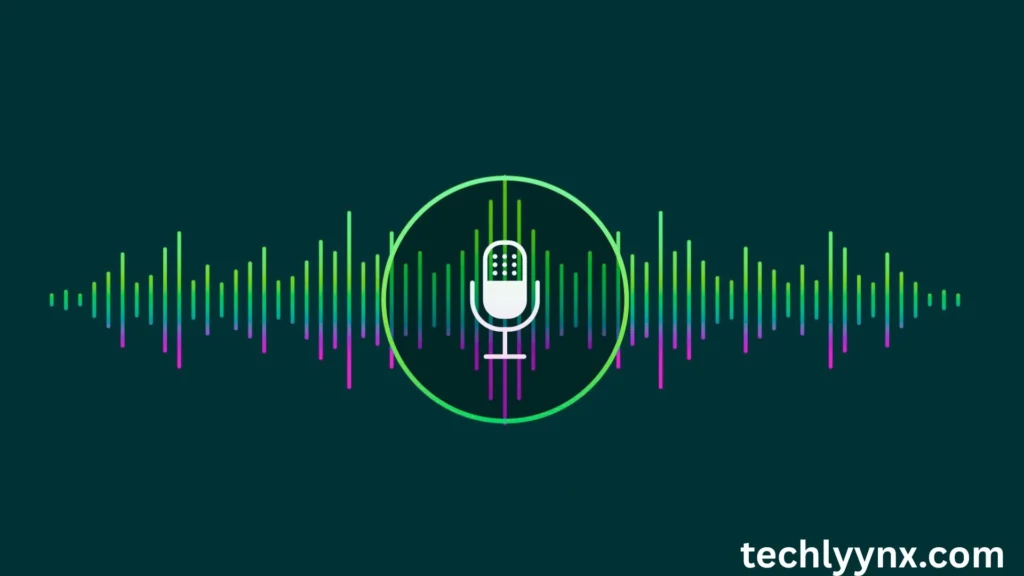
AI voice assistants are becoming a necessary component of how people use technology, not simply a neat accessory. Voice assistants are already commonplace, whether you’re asking a smart speaker to play music or instructing a smartphone to make a phone call.
They make considerably more sense in the case of automobiles. Using your hands to tinker with buttons or screens while driving might be risky. That issue is resolved with a voice assistant: simply state your needs, and they are fulfilled. For this reason, Tesla made a very wise choice in incorporating AI voice assistants into their cars.
Tesla’s Rollout in China
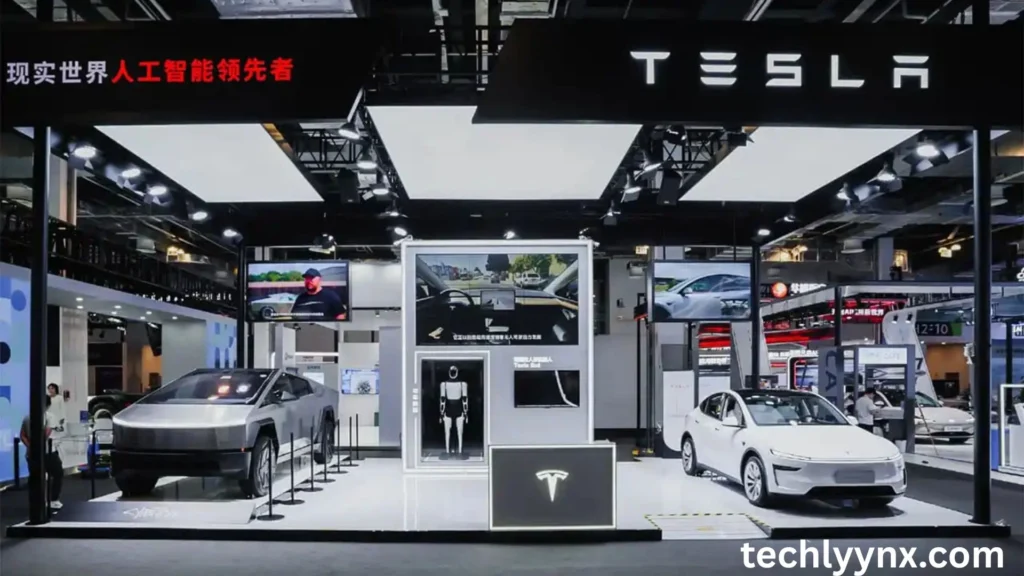
Tesla is utilizing two of China’s most cutting-edge language AI systems, Deepseek and ByteDance’s Doubao AI, rather than just any speech system. These algorithms will enable Tesla vehicles to comprehend natural Mandarin speech and provide precise answers.
With their new AI-powered copilots, Chinese Tesla drivers can accomplish the following:
- Control Navigation: Just ask the vehicle to drive you anywhere. No typing is required.
- In-Car Entertainment: Use your voice to play music, launch a podcast, or change to an audiobook.
- Control the climate: Is it too hot or too cold? The driver only needs to say “make it warmer” or “cool it down.”
- News Updates: During their commute, drivers can receive tailored news read aloud.
This translates into a more seamless experience overall, fewer distraction, and more safety.
The Global Race in AI Voice Assistants
Tesla’s action in China also brings to light a larger issue: the competition between tech firms and automakers to control the market for AI voice assistants.
- Siri is part of Apple’s CarPlay system.
- Alexa from Amazon is now available in some car models.
- Android Auto incorporates Assistant from Google.
But Tesla has always favored creating its own environment. Tesla is shown its adaptability by collaborating with Chinese AI firms; it is prepared to adapt technologies to suit local markets. In one of the most competitive auto marketplaces in the world, Tesla may have a significant edge thanks to this tactic.
Why China First?
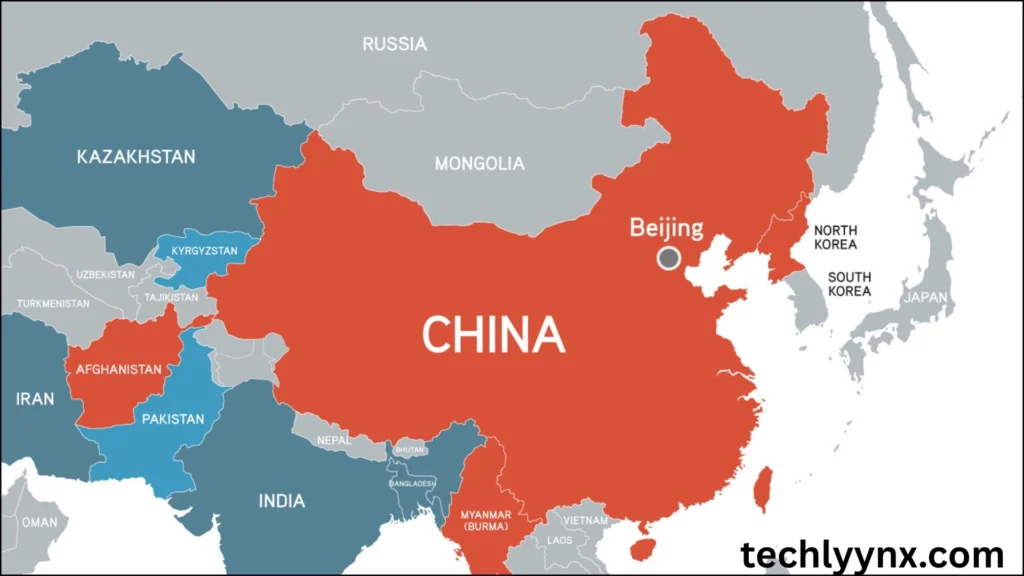
China is a fascinating choice for the rollout of Tesla’s AI voice assistants. Here’s why:
- Language Complexity: Mandarin is tonal and highly contextual. If Tesla’s AI works well in China, it shows the system is robust.
- Market Size: China is the world’s largest electric vehicle (EV) market. Winning here means massive growth.
- Tech Adoption: Chinese consumers are quick to adopt new tech, making them ideal early testers.
By launching in China, Tesla isn’t just testing the waters—it’s diving straight into the deep end.
Safety and Convenience
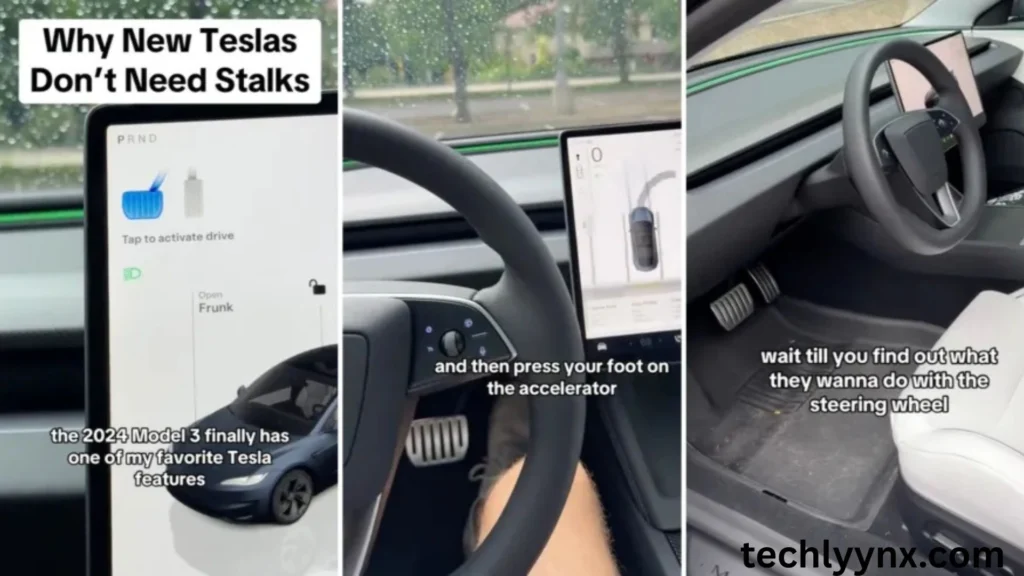
Increased safety is one of the main advantages of AI voice assistants in automobiles. Distracted driving, such as tuning the radio, entering GPS information, or even taking calls, frequently results in traffic accidents. All of these chores can be completed without ever taking your hands off the wheel if you have a trustworthy voice assistant.
Convenience is also another important benefit. Imagine asking your car to “play some relaxing music” while you’re stopped in traffic or asking the assistant to “find the nearest charging station” when you’re on a lengthy road trip. Driving is made more pleasurable and less stressful by these factors.
How AI Voice Assistants Work
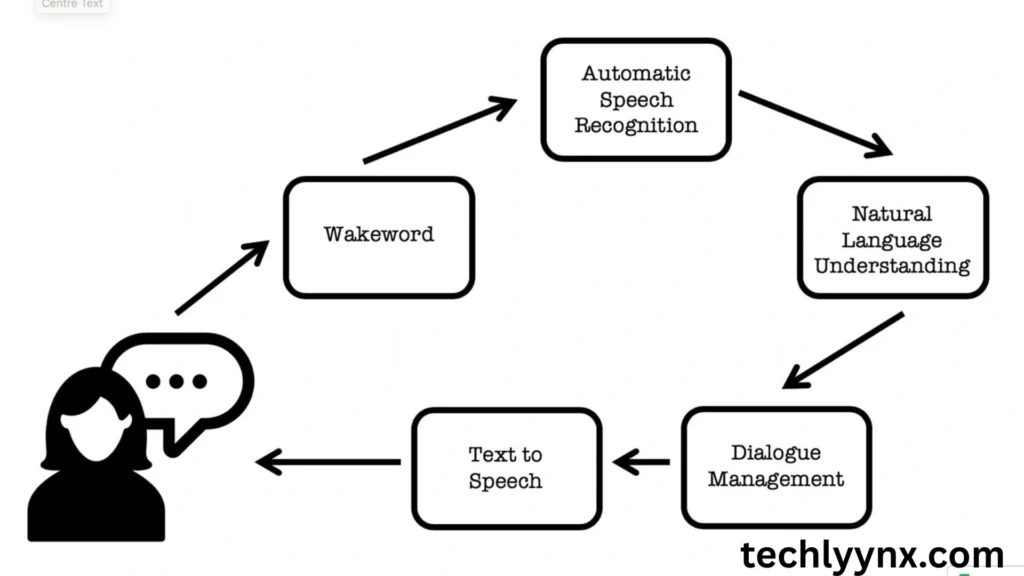
It is helpful to know how these systems work in order to comprehend the impact:
- Speech Recognition: The driver’s remarks are picked up by the car’s microphones.
- NLP: The artificial intelligence examines the meaning of the words.
- Execution of Action: The system initiates the relevant action, such as regulating the temperature.
- Feedback: The AI frequently responds with affirmative statements, such as “Setting the temperature to 22 degrees.”
This procedure is completed promptly and precisely in Mandarin because to Tesla’s integration with Doubao and Deepseek, which is essential for usage in China.
Challenges for Tesla
Of course, introducing AI voice assistants in cars isn’t without challenges:
- Accuracy in Noisy Environments: Cars are loud—traffic, engines, passengers talking. The AI must filter out noise.
- Data Privacy: Voice data must be handled securely to protect drivers’ privacy.
- Connectivity Issues: AI assistants often rely on internet connections. Spotty networks could limit functionality.
- Driver Trust: People need to trust that the AI won’t misunderstand commands, especially in critical moments.
Tesla will need to address these issues head-on to ensure adoption.
Impact on the Auto Industry
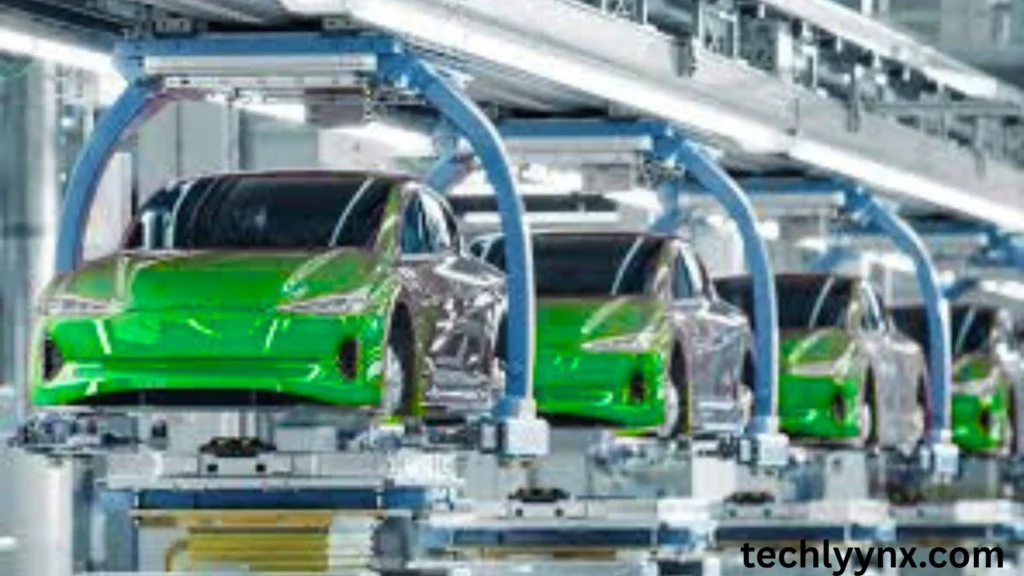
Other automakers are under pressure from Tesla’s action. After using top-notch AI voice assistants, drivers won’t want to go back. To be competitive, rivals like Toyota, Mercedes-Benz, and BMW might need to speed up their own AI integrations.
In fact, cars of the future might resemble “smartphones on wheels” more than conventional automobiles. AI may ultimately be able to anticipate drivers’ needs before they ask, so it won’t only handle commands.
The Future of AI in Tesla Cars
What follows? Localized AI voice assistants will eventually be introduced by Tesla in North America, Europe, and other areas, according to experts. Voice AI will need to be adjusted for regional dialects, accents, and cultural customs in each market.
Additionally, Tesla voice assistants may be able to do even more, like:
Customized driving advice: recommending the optimal path according to one’s driving preferences.
Identifying stress in the driver’s voice and playing soothing music is known as emotional recognition.
Smart home integration: instructing your Tesla to preheat your house before you get there.
The distinction between a digital assistant and a car will keep becoming more hazy.
Humanizing the Technology
Technology needs to feel human in order to be successful. AI voice assistants are unique because of this. We have been talking since we were young, so it comes naturally to us. Voice feels natural, in contrast to buttons or touchscreens.
Tesla’s strategy is more about making technology invisible than it is about futuristic devices. The car will react when drivers speak naturally; they won’t even consider “using AI.” That’s how innovation is really measured.

